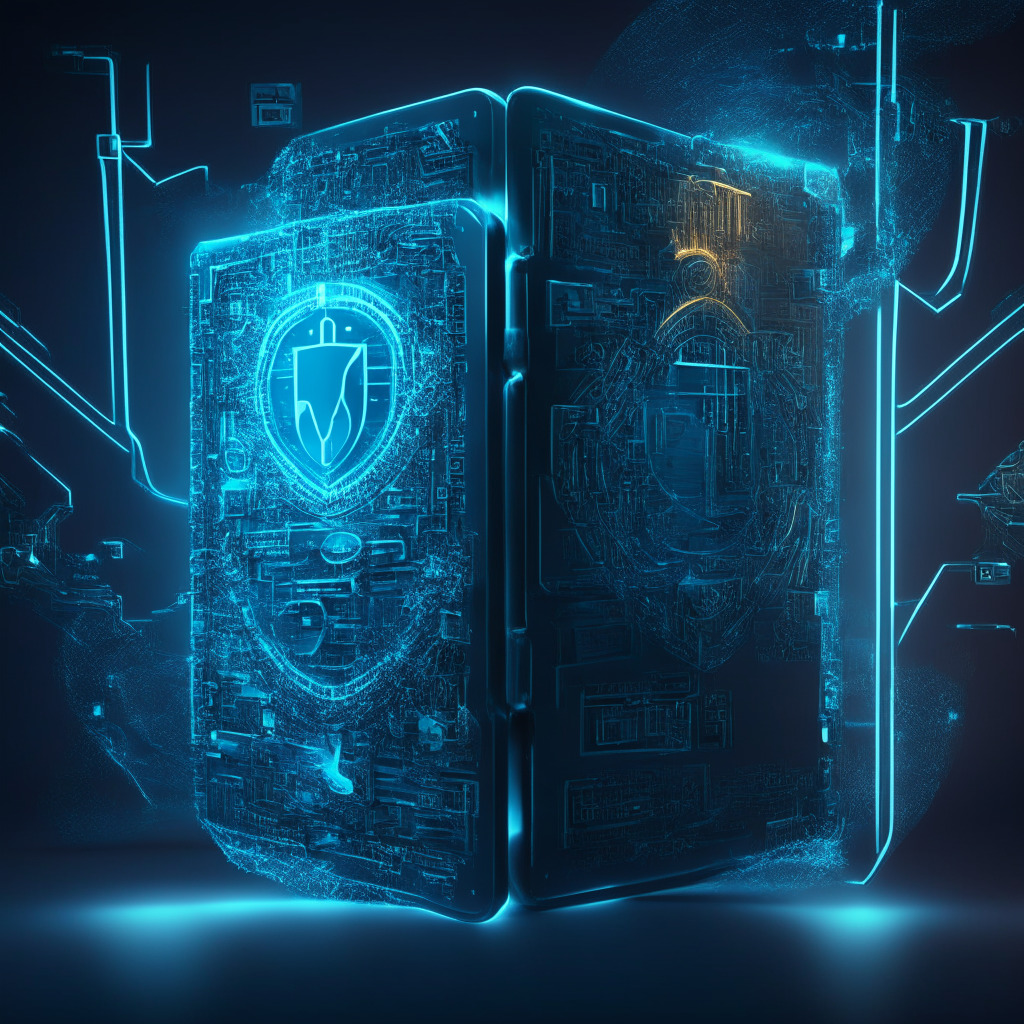In an age where trust is becoming a rare commodity, cryptocurrency custody firm Fireblocks is giving its clientele an option that can entirely shape the future of digital asset engagement – a non-custodial wallet service. In 2021, Fireblocks watched as market leaders like Celsius, BlockFi, and FTX faced high-profile collapses, resulting in a shift in market confidence. Now, users are skeptical about third parties controlling their cryptographic keys. Consequently, Fireblocks aims to return this power to the users.
As companies like Revolut and Nubank have a large fintech consumer base, the non-custodial wallet could significantly change how users interact with their assets. Further, it offers an invitation to consumers to explore exotic crypto offerings such as decentralized finance (DeFi) and web applications, which place the user right in the middle of their digital financial universe.
Fireblocks employs a multi-party computation (MPC) technology that works well in a non-custodial setting. While it shifts counterparty risk away from a corporate entity, it cleverly allows the recovery of wallets should a mishap occur. The non-custodial release permits the creation of a wallet, with one of the key shares held by the user and the other stored with Fireblocks or the service provider. Consequently, even if a client loses their phone, the wallet would still be recoverable.
The shift away from centralization has more than one advantage. It helps bypass regulatory restrictions that often stymie the growth of DeFi, web3, and NFT-related offerings. A fully non-custodial setup empowers the user to take full control of their wallet, fostering a sense of security and control that is currently lacking when third-party custodians are involved.
Nonetheless, one should note that non-custodial wallets do place a large amount of responsibility on the consumers’ shoulders, and there is this necessary point of entry for hackers that could spell digital disaster. However, the security aspect is offset somewhat by the option to recover the overall wallet if needed.
Overall, this innovative step by Fireblocks depicts a future where the lines of control are no longer monopolized by financial firms. Instead, they are diffused into the hands of individuals, mirroring the ethos of cryptocurrency – decentralization. Fireblocks, along with banking giants like BNY Mellon and BNP Paribas, is leading this drive, signifying exciting times for the world of fintech and blockchain technology. Suppose this model of individual ownership continues to gain traction. In that case, we can expect an era of self-controlled digital assets, and perhaps a world where banking the unbanked is not too far off a dream. However, only time will tell whether this balance of control and risk will lead to a safer or more turbulent digital currency space.
Source: Coindesk




